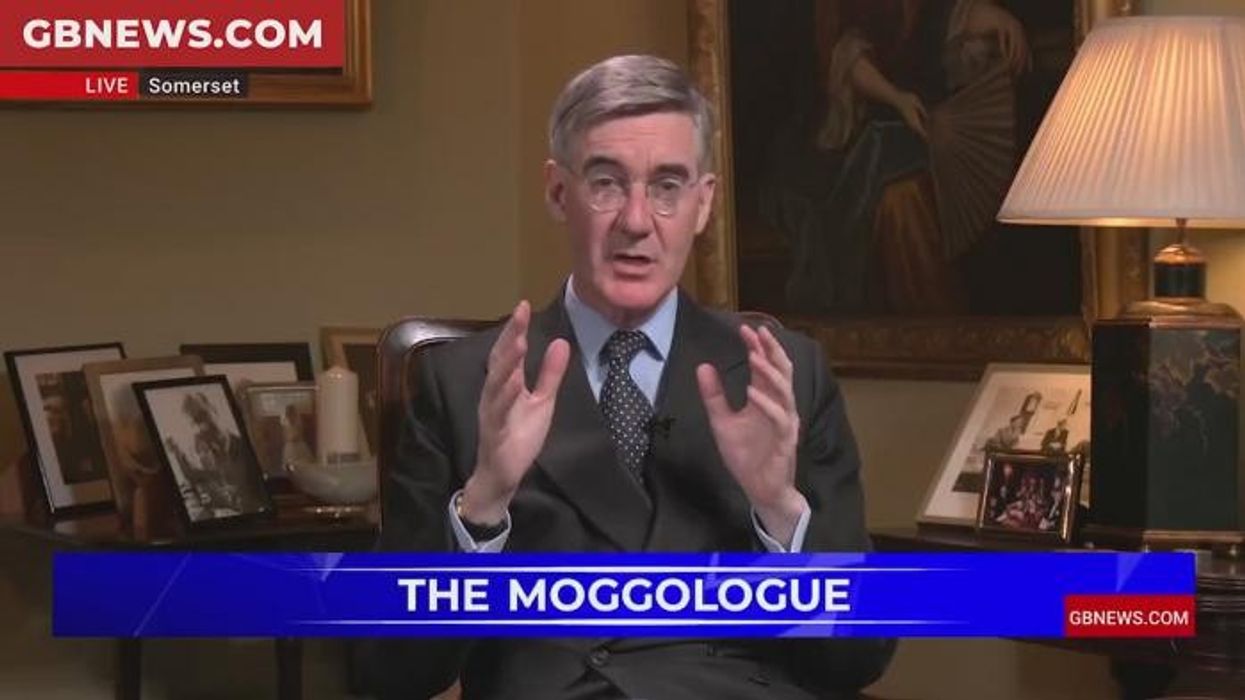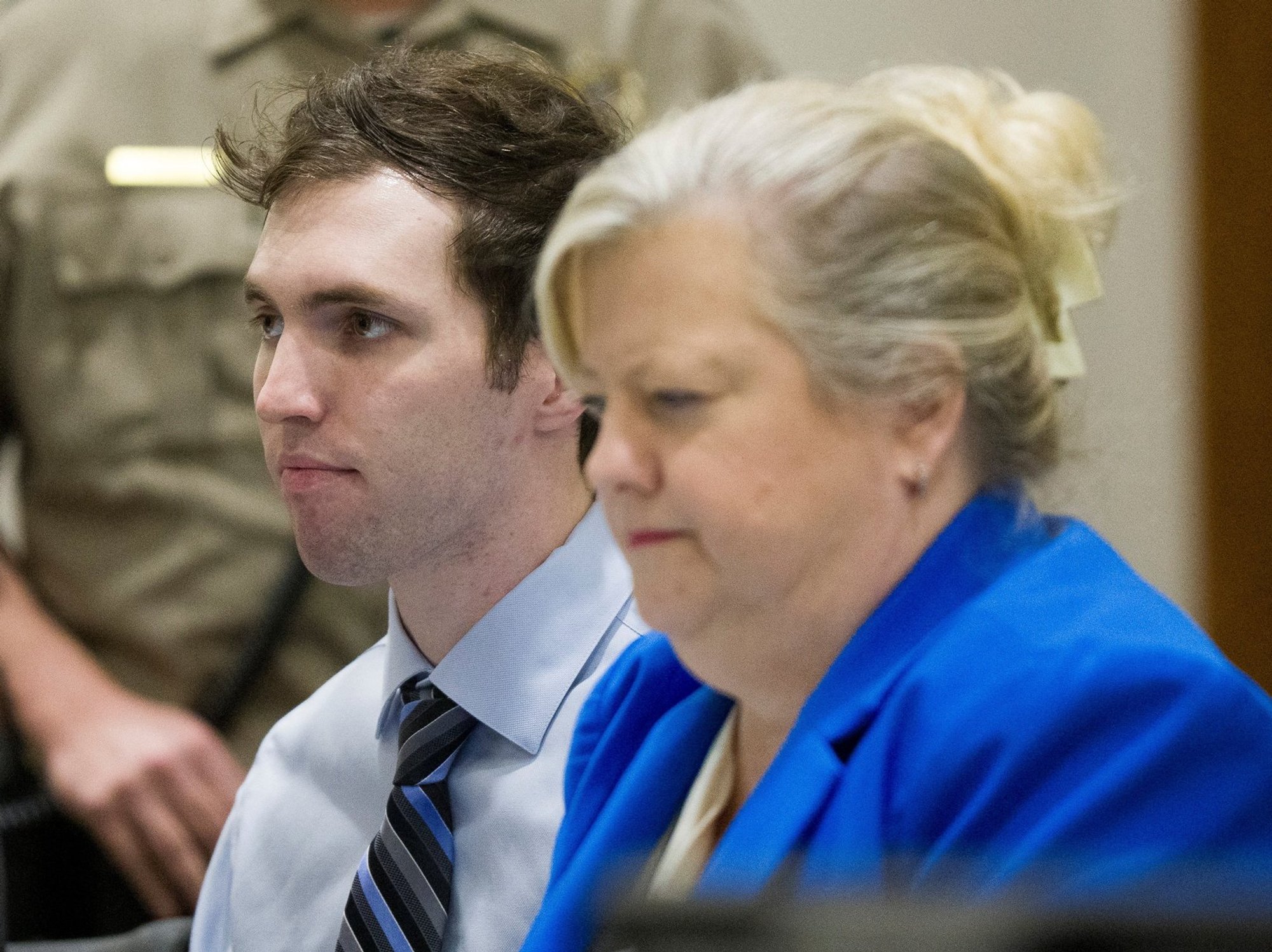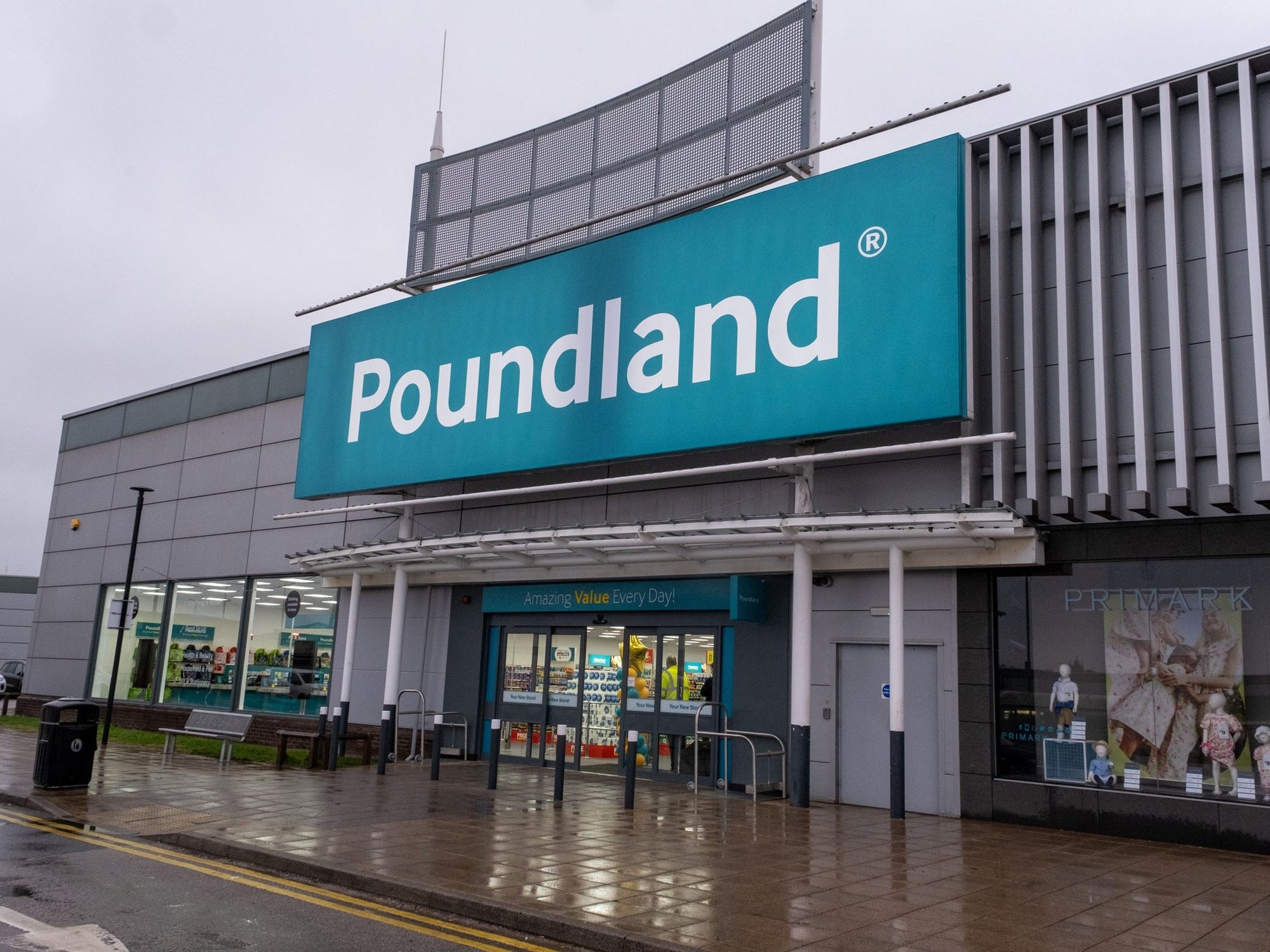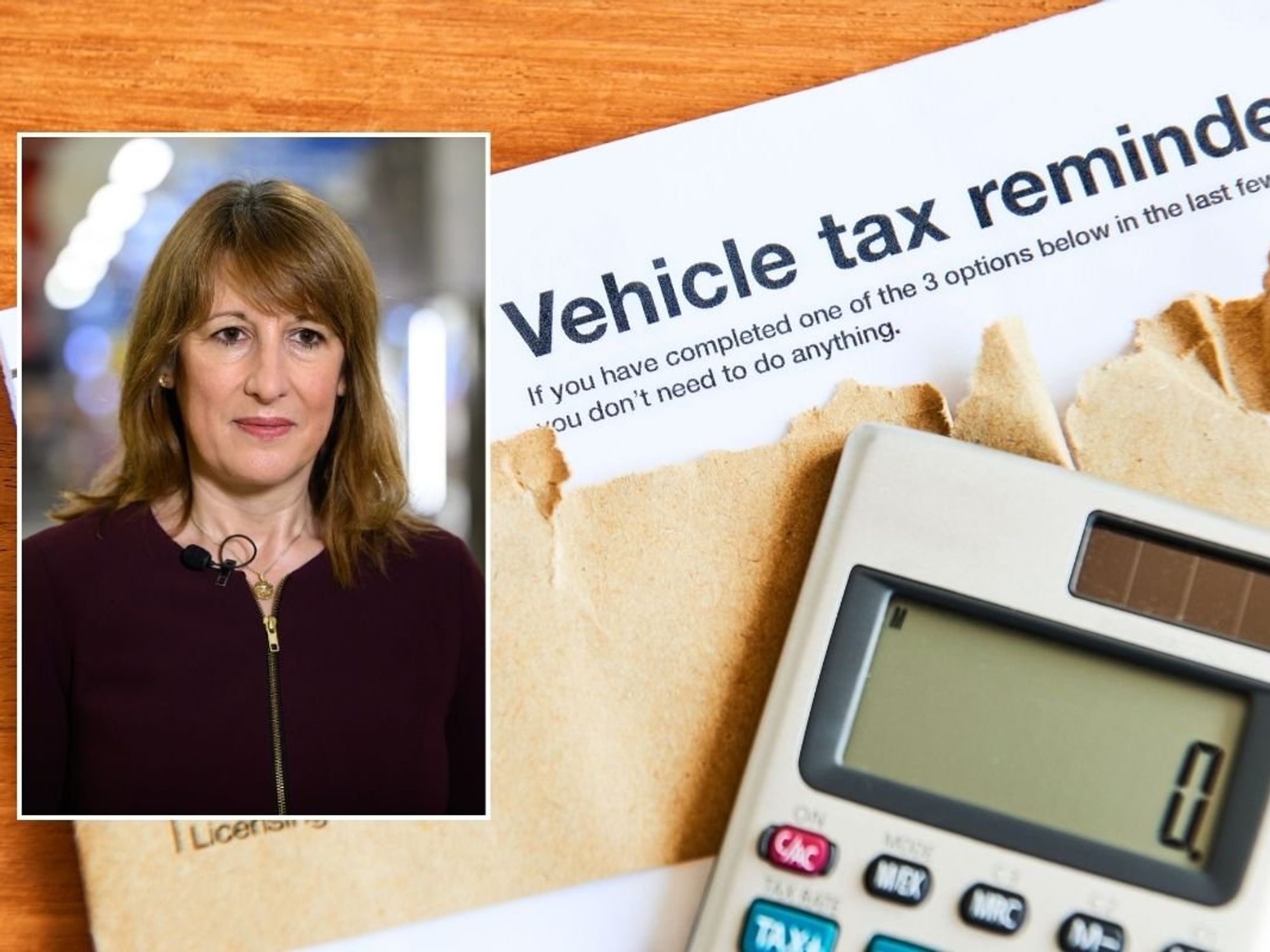Rachel Reeves's landlord tax slammed 'unjust' as millions face pension savings blow

Landlord groups say the move would hit retirees hardest, penalising those who depend on rental income in place of a pension
Don't Miss
Most Read
Millions of people could be hit with a shock new penalty on their retirement savings under Labour's latest tax plans.
Rachel Reeves is facing a backlash from landlords who have branded the proposed levy on rental income unjust.
Treasury proposals to impose National Insurance contributions on rental income would impact millions who rely on property investments for their retirement funds, according to industry representatives.
The National Residential Landlords Association (NRLA) warns that the suggested eight per cent charge would particularly affect the 42 per cent of property owners who invest in rentals specifically to supplement their pensions.
This levy would create an unprecedented situation where property-based retirement income faces National Insurance charges whilst traditional pension funds remain exempt.
The association argues this represents discriminatory treatment, as no other pension arrangements currently attract National Insurance contributions on their investment returns or income streams.
Dr Neil Cobbold is commercial director at Reapit UK & I said: "Again, according to the EPLS, 42 per cent of landlords say they let property to contribute to a pension. In other words, rental income is their long-term savings plan.
"Today, NI applies to earned income only up to state pension age; it does not apply to pension income or most savings returns. Singling out rental profits for NI even after retirement is fiscally inconsistent and unfair.
"Landlords already pay Income Tax on profits and have weathered years of fiscal and regulatory changes: the restriction of mortgage interest relief, higher stamp duty on purchases, tougher standards, selective licensing.
"They also now face the Renters’ Rights Bill on the horizon, as well as the hefty cost of bringing rented homes up to a minimum EPC C by 2030 – revealed by Reapit’s analysis to be £24billion.
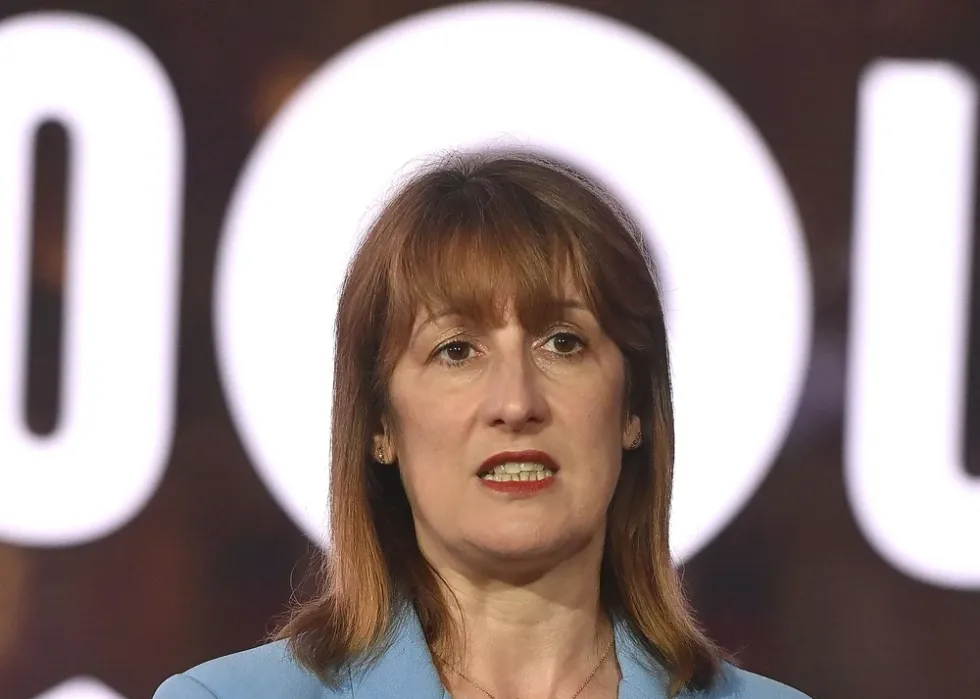 Allies of Rachel Reeves have argued slapping property owners with a fresh tax would not break her 'red lines' | GETTY
Allies of Rachel Reeves have argued slapping property owners with a fresh tax would not break her 'red lines' | GETTY"When you tax an activity, you get less of it. If this proposal lands, some landlords will pass on part or all of the cost to tenants. Others will decide the return is no longer worth it and sell up. Either way, supply tightens and rents rise."
The landlord association has disputed Treasury calculations suggesting property owners typically earn between £50,000 and £70,000 from rentals.
Government statistics from the English Private Landlord Survey reveal the actual average gross rental income stands at £19,200 per year, with net earnings considerably lower.
The survey data shows 45 per cent of property owners possess just a single rental property, whilst 38 per cent maintain portfolios of two to four properties.
Additionally, 42 per cent of landlords reported choosing property investments over alternatives like shares or bonds, making the proposed levy effectively a tax on savings where National Insurance has never previously applied to investment returns.
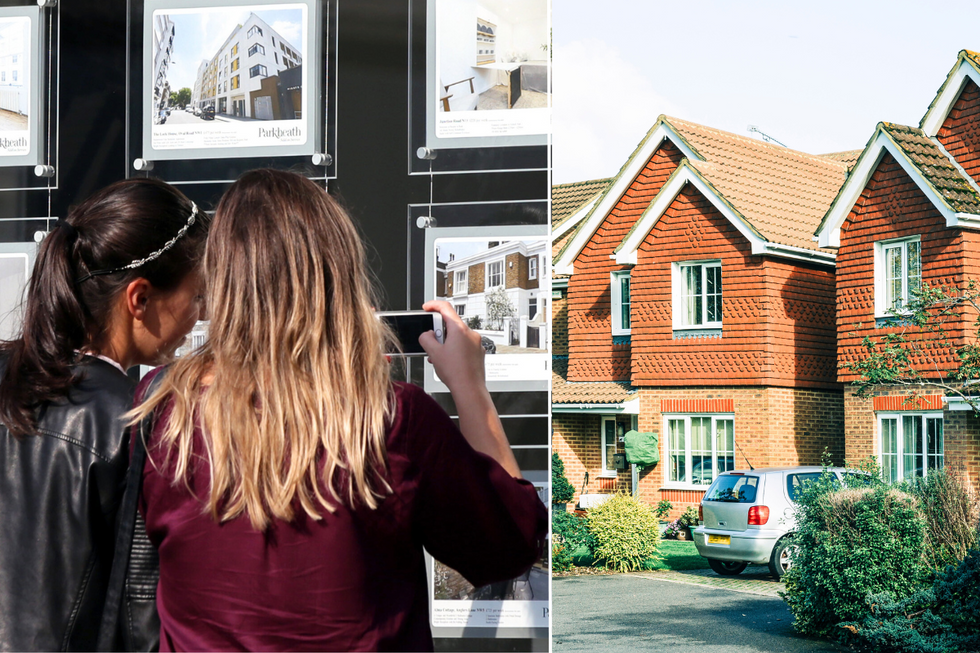
Rachel Reeves's landlord tax could see rent prices pushed higher
| GETTYIndustry representatives caution that imposing National Insurance on rental income could prompt widespread divestment from the property sector, as landlords seek more profitable and secure investment alternatives.
The NRLA predicts tenants would bear the ultimate burden through increased rents and diminished housing options as rental supply contracts whilst demand continues growing.
Ben Beadle, the association's Chief Executive, stated: "Further punitive tax hikes on the rental sector will lead only to rents going up, hitting the very households the Government wants to protect."
The proposed measure would compound existing financial pressures, including last year's Stamp Duty increases on rental properties and requirements for landlords to fund energy efficiency improvements costing up to £15,000.

Former Institute for Fiscal Studies director Paul Johnson has warned that increased taxation on landlords directly translates to higher rental costs
| GB News/ GettyFormer Institute for Fiscal Studies director Paul Johnson has warned that increased taxation on landlords directly translates to higher rental costs.
He said: "The more harshly that landlords are taxed, the higher rents will be. One of the reasons that private rents have risen so much is that Government policy has substantially increased tax payable by private landlords."
Property consultancy Savills projects that approximately one million additional rental properties will be required by 2031 to satisfy growing demand.
The NRLA argues the proposed National Insurance changes would undermine efforts to expand rental housing supply at a time when increased provision is critically needed.
More From GB News


